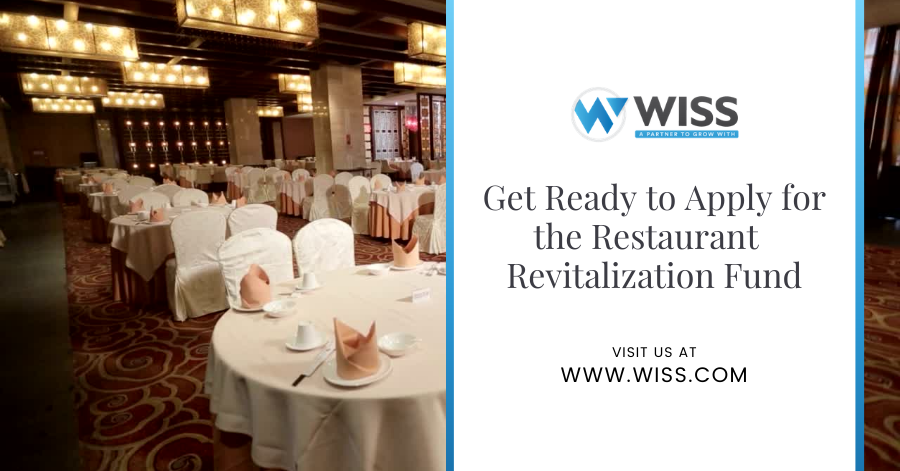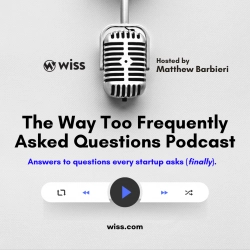In January, Congress passed the American Rescue Plan Act of 2021, landmark legislation designed to help U.S. residents and businesses stay afloat in the midst of the ongoing coronavirus pandemic.
One under-reported element of the plan is the establishment of the $28.6 billion Restaurant Revitalization Fund (RRF), to be administered by the U.S. Small Business Administration (SBA).
This program will offer tax-free grants to restaurants and related establishments (such as caterers) to cover revenue they lost in 2020 as a result of the pandemic.
What can restaurants apply for?
Eligible businesses can apply to receive funding equal to the revenue they lost due to the pandemic. You can calculate this loss by subtracting your 2020 gross receipts from your 2019 gross receipts. After you’ve calculated this number, subtract any funding your business got from the Paycheck Protection Program (PPP) in 2020 and/or 2021.
There are a few caveats for businesses that were not in business during the entirety of 2019 and 2020:
- If your business wasn’t operating for all of 2019, find the average of the monthly gross receipts for the months you were in business in 2019, and then multiply that number by 12 to find the figure you should use as your 2019 gross receipts.
- If your business wasn’t in operation until 2020, you can apply for a grant to cover your eligible expenses for that year.
- If your business hasn’t started operating by the time you apply for the program but you’ve recorded eligible expenses, you can apply for an amount equal to those expenses.
How will the Funds be allocated?
The SBA will distribute a total of $28.6 billion, putting aside $5 billion to applicants that had gross receipts of $500,000 or less during 2019.
The grant amount for any recipient is limited to $10 million total, and $5 million per physical location of the business. The SBA reserves the right to adjust awards as prompted by demand and “relative local costs.”
What can I spend the funds on?
Grant recipients under the program must spend the funding on eligible expenses incurred between February 15, 2020, and the end of 2021, or another date determined by the SBA to be the end of the coverage period.
Eligible expenses include:
- Payroll
- Principal or interest on mortgage obligations
- Rent
- Utilities
- Maintenance, including construction to accommodate outdoor seating
- Protective equipment and cleaning materials
- Food and beverage inventory
- Certain supplier costs
- Operational expenses
- Paid sick leave
The SBA can determine that other expenses qualify if they are essential to maintaining operations.
Any funds that a business doesn’t spend on eligible expenses by the end of the covered period must be returned to the Treasury.
Am I eligible?
Businesses eligible to apply for the RRF include restaurants and other similar enterprises, including food stands, food trucks, food carts, caterers, saloons, inns, taverns, bars, lounges, brewpubs, tasting rooms, and taprooms. The list also includes any licensed premises for alcohol production where the public can sample and buy alcohol, and any other business where the public can come for the primary purpose of being served food or drink.
Applicants must be a privately owned business that own or operate 20 or fewer establishments as of March 13, 2020. Eligible entities cannot have applied for nor received a “Shuttered Venue Operators” grant.
Start now to prepare to apply
The SBA anticipates rolling out the program in early April, so restaurant owners, caterers, and others who qualify will want to take steps right away to get in line for funding.
Here are some things to do right away if you plan to apply for RRF funding:
- Create a login.gov user account, which will help you interact with the SBA and other federal agencies.
- Sign up to receive a free DUNS number, which is required for all businesses that want to apply for federal contracts or grants. Anticipate 1-2 days for processing.
- Using your login.gov email, DUNS number, and standard business info such as your Taxpayer Identification Number (TIN) and Taxpayer Name, register with the System for Award Management (SAM). It can take up to two weeks to get fully set up on SAM.
Once you’ve completed those preliminary steps, you’ll be in a position to seek out RRF funding as soon as the SBA begins accepting applications. Don’t wait — get in line now.

 Previous
Previous

